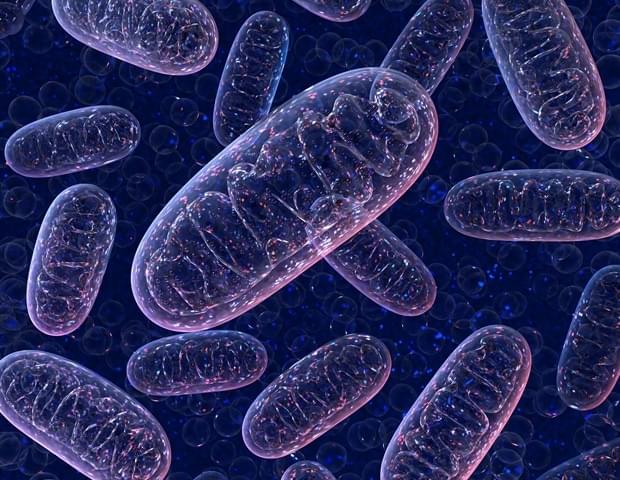Northwestern Medicine investigators have discovered that a subset of proteins in mitochondria of brain and heart cells are long-lived, supporting the long-term stability of mitochondrial complex architecture.
The study, published in the Journal of Cell Biology, was led by Jeffrey Savas, PhD, assistant professor in the Ken & Ruth Davee Department of Neurology’s Division of Behavioral Neurology, of Medicine the in Division of Nephrology and Hypertension, and of Pharmacology.
Previous work led by Savas discovered that nuclear pore complex proteins in post-mitotic neurons are exceptionally long-lived and persist for months in mouse and rat brains. These proteins, termed long-lived proteins, or LLPs, provide long-term stability and structure to the nuclear pore and subsequently to the nuclear envelope of neurons; however, this concept had never been considered for other intracellular organelles, until now.
